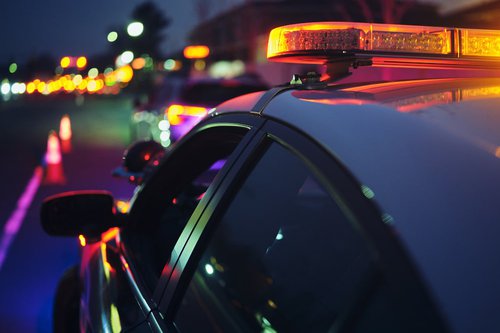If you have been arrested for drunk driving, you may be wondering how to use your defense in court. Fortunately, there are many different ways to fight a DUI charge. You can use defenses based on Involuntary intoxication, Entrapment, Blood or urine tests, or improper police actions.

Involuntary intoxication
Involuntary intoxication can be used as a defense in a drunk driving case. This defense can be used to get the charges against the defendant dismissed or reduced. Voluntary intoxication is one of the more common DUI defenses. In some cases, the defendant can even be acquitted or have the charges reduced to manslaughter.
Involuntary intoxication is different from general intent. When the defendant is drunk, he cannot have formed the necessary intent to commit a crime. In the case of assault, the defendant must have intended to harm another person.
Entrapment
Entrapment is a defense that can help you fight a DUI charge if you think you were compelled by an officer. You must present evidence that the officer induced you to take alcohol, and you must show that you did not have a predisposed intention to drive under the influence of alcohol. This is a complex issue, but an experienced DUI lawyer in Toronto can help you fight this charge.
The most common scenario for a successful entrapment defense involves a traffic stop. A deputy pulled over a truck and saw that it was driven by the defendant. After giving the defendant instruction, the deputy initiated a traffic stop. Obviously, the defendant did not intend to drive before being instructed to drive.
Blood or urine tests
When charged with drunk driving, you can fight back with blood or urine tests. These tests are both scientifically valid, but they have some shortcomings. First of all, they can be inaccurate. Even if a person was driving while under the influence of drugs, their urine could still show positive results for many days.
Aside from blood and urine tests, police officers may administer field sobriety tests and chemical tests if they suspect you of drunk driving. Among other things, these tests measure alcohol and drug levels in your system. They must be conducted at a certified detention facility to be accurate. If there are any problems with the test, you can challenge it in court.
Improper police actions
Improper police actions may be an important factor in a drunk driving defense case. In some circumstances, these police actions may result in the arrest being invalidated. For example, if the arresting officer did not have probable cause to pull you over, then a defendant may be able to use the necessity defense to have the evidence against them thrown out.
There are several examples of these circumstances. The police must have reasonable suspicion before pulling you over for DUI, which means they must have had a valid reason to stop you. Reasonable suspicion may include weaving in traffic, failure to turn your lights on or taillights not working, or other driving violations. Improper police actions may also cause a DUI arrest to be dismissed because they were based on improper procedures.
Medical conditions
If you are facing a DUI charge, you may be able to use your medical condition as a defense. You should tell your attorney about any medical conditions you may have, and he or she can use those information to prepare a strong defense. You should also keep all of your medical records handy so that the officer cannot assume that you are drunk.
Medical conditions can affect your performance on Field Sobriety Tests and the accuracy of breathalyzer and blood tests. If you have a medical condition, be sure to tell your DUI attorney about any medication you’re taking. This could be crucial for your defense.

Chain of custody
One of the most important defenses is the chain of custody. This means that the evidence must have passed through many different sets of hands before it can be admitted to court. If the evidence was tampered with or replaced, it cannot be used against the defendant. The government may still have other evidence that can help convict the defendant, but a good defense lawyer will make sure the evidence is excluded from evidence.
In addition to the chain of custody, there is another important aspect to a drunk driving defense. If you were arrested for drunk driving, the prosecution will likely present evidence that involved blood, breath, or urine tests. These tests can prove whether a driver was intoxicated at the time. However, in order to prove whether or not the defendant was intoxicated at the time of the crime, the evidence must follow the proper chain of custody. This means that the police must document where the evidence was obtained and who possessed it.